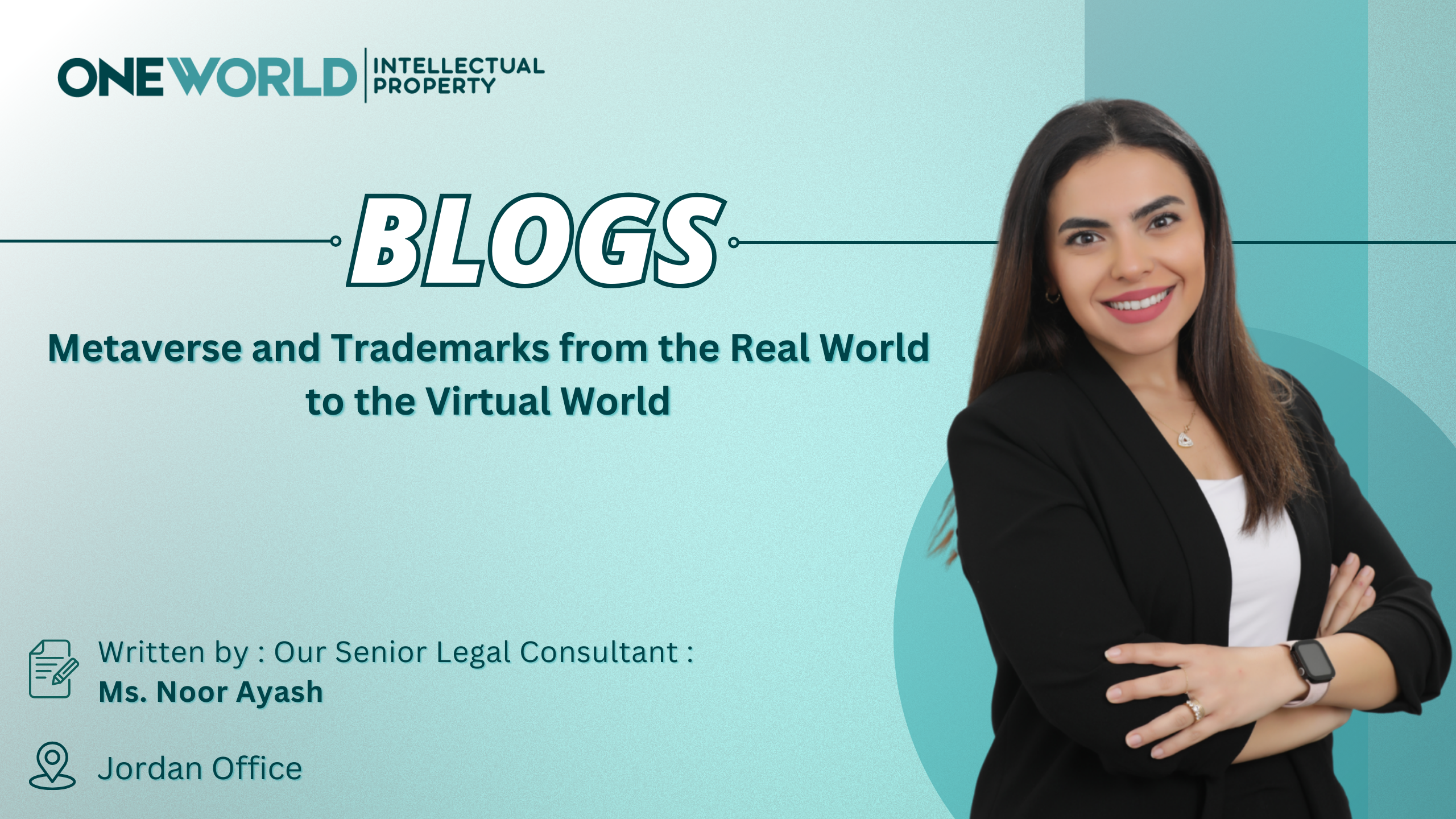
Metaverse and Trademarks from the Real World to the Virtual World
Have you ever thought about buying a Gucci bag or Nike shoes, but only in a virtual setting? This is not science fiction; it’s a new reality known as the Metaverse. Here, technology meets commerce, and brands move from physical stores to digital spaces.
What is the Metaverse, in brief?
The Metaverse is a 3D virtual world that combines Virtual Reality (VR) and Augmented Reality (AR). It allows you to interact with people, products, and services as if you’re in a huge game, but with real money, laws, and markets. You can buy clothes, real estate, and even luxury items, all in digital form.
How to register your trademark in the Metaverse — with real-life examples
You may wonder if a trademark needs to be registered in the Metaverse just like in real life. The answer is definitely yes!
Registration follows the International Nice Classification, which covers virtual goods or services, like digital clothes, accessories, and digital products.
Many companies have already taken steps what such as;
• Nike registered its trademark for virtual shoes and apparel.
• Gucci launched digital luxury bags.
• Fortnite sells accessories and skins for player characters.
• BMW registered its logo for use with NFTs (non-fungible tokens), virtual goods, and environments.
• Mercedes filed trademark applications covering the Metaverse and NFTs within a month of BMW, showing that the competition has moved online!
How to protect your trademark in the Metaverse?
Protection involves more than just registration; it requires a solid strategy:
• Establish clear terms of use for buyers.
• Monitor platforms to recognize the unauthorized use.
• Opt for licensing instead of outright sales.
• Maintain a presence on major platforms to protect your audience from counterfeiters.
Famous legal cases that shook the Metaverse world!
1. Nike – USA Nike sued a company selling virtual shoes with its logo without permission, stressing that digital products are licensed, not fully owned.
2. Juventus FC – Italy In a European case, Juventus won a court order against a company making NFTs of a former player using the club’s jersey and the “JUVENTUS” trademark in a game on Binance.
3. Hermès vs. Rothschild – USA Hermès sued artist Mason Rothschild over NFTs called MetaBirkins that imitated the famous Birkin bags in unusual colors and materials. The court sided with Hermès, affirming that trademark protection also covers digital spaces, and artistic creativity doesn’t excuse commercial infringement.
Overview of the Nice Classification in Relation to Trademark Registration in the Metaverse World
is the international system for classifying goods and services when registering trademarks. In the Metaverse, common classes include:
• Class 9: Digital goods and software.
• Class 35: Virtual retail services.
• Class 41: Entertainment and virtual services.
To register trademarks for digital products like NFTs and virtual goods, standard trademark registration procedures apply. This requires careful specification of relevant classes and a clear description of digital goods to ensure broad protection.
At the end there is more questions than the answers and an ongoing journey into the Metaverse!
Questions about the Metaverse still outnumber answers. There’s an urgent need for clear legal frameworks, but they remain few and fragmented. We are entering a vast field of research and discovery in this fast-paced digital age.
The Metaverse is not just a new technology; it represents a new future for social, commercial, and entertainment interactions. People can now meet in various ways, from gaming and exploration to collaboration and shopping, all from the comfort of their own homes. While the Metaverse is still developing and evolving, it is already a reality in several sectors. It is expected to create a richer and more exciting environment for users. For this reason, trademark owners, lawyers, and specialists must stay attuned to these changes and develop strong legal strategies to address challenges and protect rights in this evolving virtual world.
Written by our Senior Legal Consultant: Ms. Noor Ayash.



